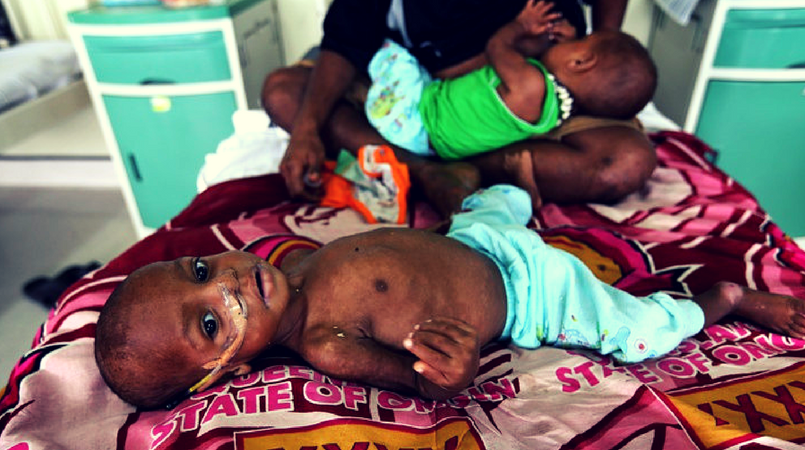
Do you know how to care for your child?
This question may seem funny but for PNG, where stunting is chronic throughout the country, it is an important one to really consider.
The root cause of this condition is malnutrition.
Malnutrition occurs when the body does not get enough nutrients. Causes include a poor diet or digestive conditions, among others.
Symptoms are fatigue, dizziness and weight loss. Untreated malnutrition can cause physical or mental disability.
Malnutrition has also been blamed for many other issues PNG is facing, such as the fast increasing population growth, poor economy and lifestyle diseases such as obesity.
While the global target for stunting is at 20 percent, PNG stands at 48 percent.
For PNG to reduce stunting from 48 to 20 percent, Hanifa Namusoke, Nutrition Specialist, says it will take several years.
There is a lot that needs to be done. But the first and important step is at home. And the first 1,000 days of a child’s life is very crucial.
Childhood stunting is one of the most significant impediments to human development, globally affecting approximately 162 million children under the age of 5 years (WHO).
For PNG, on a scale of one to ten, with ten being the worst, Namusoke says PNG is at the worst.
“It is painful to say that I have not seen the commitment,” she said.
Further challenges posed are at least 60 percent of PNG population not having access to clean water (that’s about 4.2 million people). Even more, about 81 percent do not have access to adequate sanitation.
Over 900 children die every year in PNG from diarrhoea caused by unsafe water and sanitation.
In an effort to reduce this, the government initiated its WASH policy, which is currently being trialled.
But partners are calling on a joint effort.
(Picture sourced: Global Economic Intersection)
